Cette publication est également disponible en :
Français
Born in 1985 in Murcia (Spain), Iberchem is a leading company in the fragrance industry with a strong international presence. It opened an office in Indonesia more than twenty years ago, building an expertise on this market influenced by the country’s cultural traditions. Dion Chandra, Fragrance Sales Manager for Indonesia, and Rae Ninta, Marketing Manager, talk about its main characteristics.
How would you describe Iberchem in a few words?
Dion Chandra: Iberchem is a global fragrance manufacturer, and it is now part of the English group Croda International, a producer of specialty chemicals. Our footprint in Indonesia spans two decades, as our first office opened in Jakarta in 2002. Our team has grown consistently since then. We upgraded our facilities recently to welcome a larger team of fragrance technicians and specialists, including a dedicated perfumer with expertise in the local market. This way we can understand the changing trends, enhance the precision of our bespoke creations, and better address the distinct needs of our customers and partners.
What are the distinctive features of Indonesian olfactory culture?
Rae Ninta: The perfume market is quite fragmented, there’s a multitude of brands in Indonesia, many of which aren’t particularly large but hold significant sentimental value for consumers. Everyone has their own reference, whether it is for high end scents or more everyday products. Overall, we tend to like floral and fruity notes like apple, melon and passion fruit that are quite common scents profile in haircare and bodycare products nowadays. If we talk about emotions and memories, one product is omnipresent in our culture: Telon oil. It is a traditional mixture of cajeput, fennel, coconut oils and sometimes other ingredients. The scent of cajeput has similarities with eucalyptus and basically everybody uses this oil in their childhood, and even as adults. We use it when we are about to get sick, or when the weather is very cool. We rub it on our bodies to keep warm, as it stimulates blood vessels. It also reminds us of how our mothers took care of us: it’s often a strong childhood memory, and its scent provides a sense of calm. Shops and supermarkets keep on selling Telon oil, it’s still a very popular product!
Which endemic raw materials have a particular influence on local tastes?
Dion Chandra: Tea is very popular in haircare products and personal care. Indonesian love smelling black tea, green tea and jasmine tea especially. We have a lot of plantations in the country that produce different varieties… it’s a key culture. On the other hand, patchouli’s fragrance profile isn’t particularly favored by many here. Its smell is often encountered in public spaces or households, primarily due to its predominant use for medicinal and insect-repellent purposes. While it holds a place in our cultural heritage, it’s more recognized as a functional product. Consequently, if perfumers use it in fine fragrances, they do it only in small dosage.
What influence does the Muslim religion have on the scent culture of Indonesia? Is it possible for you to make halal perfumes?
Dion Chandra: Indonesia is home to the world’s largest Muslim population, so most of our scents and innovations need to be halal. It’s imperative that our consumers feel confident in using our products without any hesitation. Two key factors contribute to this assurance: our products’ claims and the appeal of their scents, which must undoubtedly be pleasing. Perfumes have a special place in Muslim religion which prohibits the consumption of alcohol, but not its use in perfumes. Hence, the majority of perfumes can be considered halal, as long as their production doesn’t involve any materials derived from pigs. To eliminate any ambiguity, our fragrances are animal-free. We utilize premium-quality synthetic ingredients to emulate animalic raw materials effectively.
Rae Ninta: The popular scent profiles usually feature oud, amber, although today the halal perfumes that sell well in the market are fruity, floral, sweet and musky. The Muslim olfactory culture is actually really wide.
How do Asians and Indonesian traditions inspire you?
Rae Ninta: We draw significant inspiration from the diverse cultures found across Indonesia. We have a lot of islands and tribes, each possessing a unique olfactory culture and relationship with scents, so synthesizing their offerings proves challenging. We have to carefully select olfactory notes that capture the essence of Indonesia. Tea and jasmine are used in the whole country, so it’s often a good starting point. White jasmine, or “melati putih”, is one of our national flowers. Additionally, we find inspiration in the traditional Balinese dance known as “Bali Kecak” (pronounced “Ketchak”). Several of our creations are made from the scents of flowers from to Bali, notably the frangipani flower which is commonly used in dances and rituals.
We also continuously strive to introduce new scent profiles to our customers, particularly to Generation Z, which has a preference for unique and culturally significant products. This pursuit of innovation leads us to adopt more original approaches, enriching our offerings with diverse and culturally resonant fragrances.
How do Indonesians view perfumes from the rest of the world?
Dion Chandra: We are always attentive to new trends that are coming from abroad. We like to discover new blends, and our interest extends to Asian countries such as Japan and Korea, each boasting distinct olfactory profiles. We draw inspiration from these regions, incorporating their unique scents into our creations.
Rae Ninta: Japanese culture is very present in Indonesia, part of what we do is based on it, as it uses a lot of jasmine but also incense, in particular for religious purposes, like weddings. People also buy western perfumes, as international brands have established a presence in the country. However, Indonesians undoubtedly have their preferences among these brands. They specially like the floral, fruity and marine notes. Not every European fragrance achieves success in this market.
Dion Chandra: Ambery and aromatic fragrances are less popular. They are considered as niche products and are more difficult to sell. They are typically reserved for specific occasions, such as nighttime wear, as people are often opting for separate fragrances for daytime use. This distinction may be influenced by the hot and tropical climate, which enhances the blooming of scents in a unique manner. With only two seasons—rainy and dry— and no winter, the weather further influences fragrance choices in our region.
Who is Iberchem’s target audience? How is the market structured in Indonesia?
Dion Chandra: We endeavor to reach the widest possible audience. The population of Indonesia is almost 300 million people, so it’s a very wide market with a lot of opportunities and tastes. Our product range encompasses both mass-market and niche offerings, so basically we have fragrances for every budget, and aim to deliver the best quality for each price category. The majority of our clients consist of local Indonesian companies engaged in the sale of fragrances as well as home care, haircare, and personal care products. Our interest extends beyond perfumes to encompass all products utilizing fragrances.
Rae Ninta: We are particularly targeting Gen Z and millennials, which makes us very interested in unisex fragrances. It’s a trend we observe: nowadays, individuals tend to choose fragrances that they like, whether they were designed for women or men. We look forward to developing this business. While presenting unisex fragrances to people accustomed to distinct sections for men and women poses its challenges, we’re actively exploring ways to get more attention to these perfumes!
What are the next challenges for Iberchem in Indonesia?
Dion Chandra: At Iberchem we are selling fragrances, and our partnership with Croda, specialized in raw materials, allows us to consider new international synergies, as we have become a way bigger group. We’re also committed to enhancing sustainability throughout our operations and daily practices. Our focus lies particularly on developing biodegradable fragrances, which imposes to have raw materials sharing this characteristic. This presents a challenge, as environmental concerns may not resonate as strongly here as they do in Europe at present. Nevertheless, we’re dedicated to addressing these issues and promoting sustainable practices within our industry.
Main visual: ©
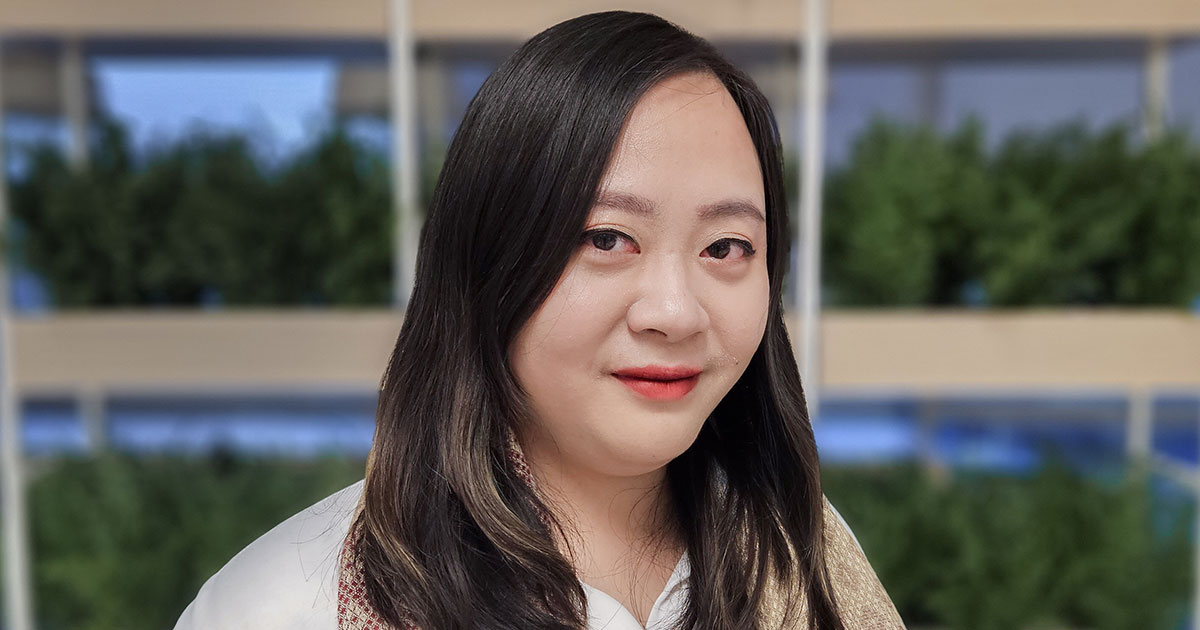
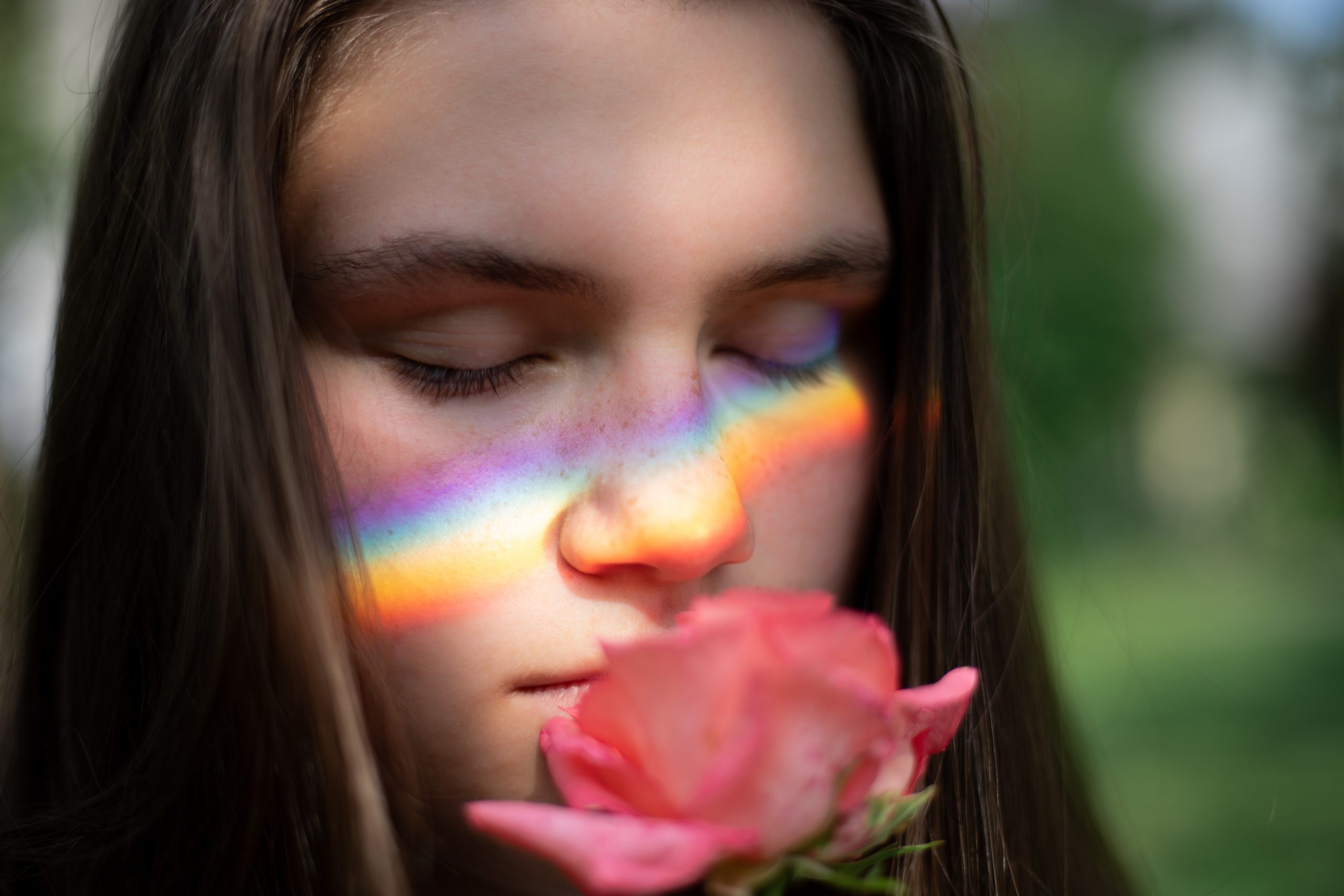
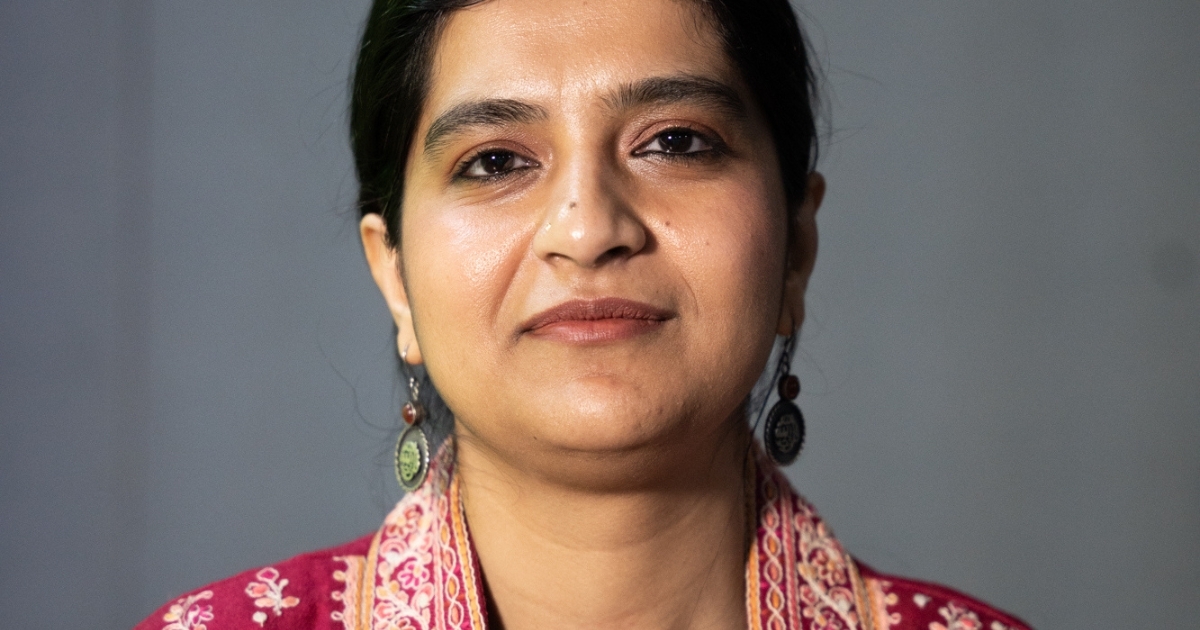
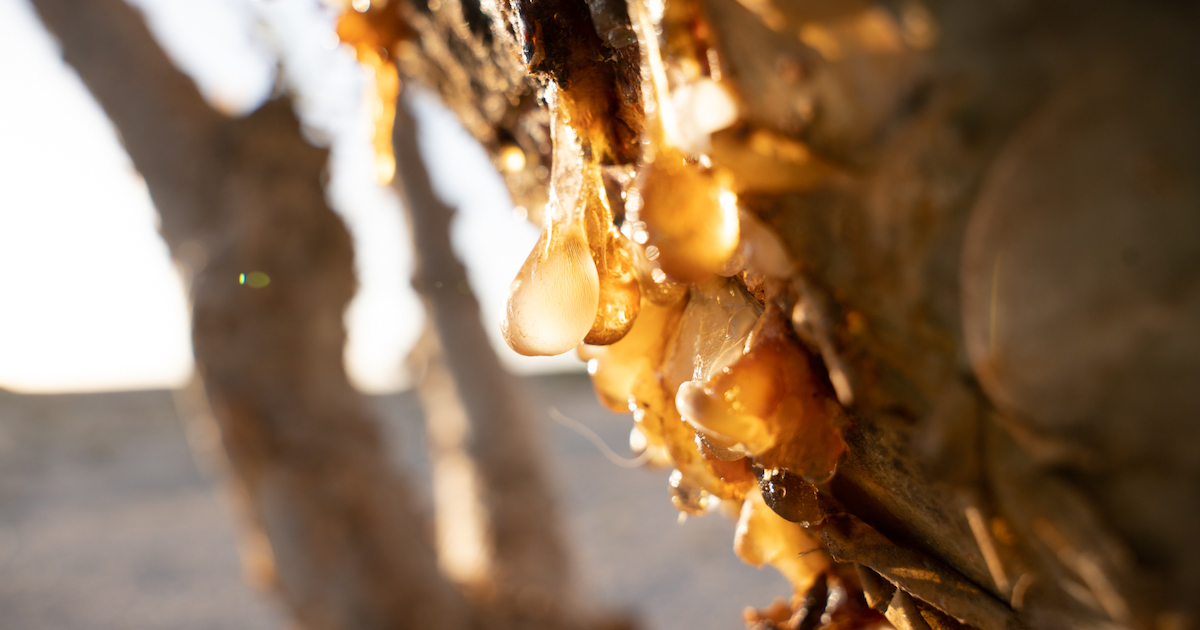
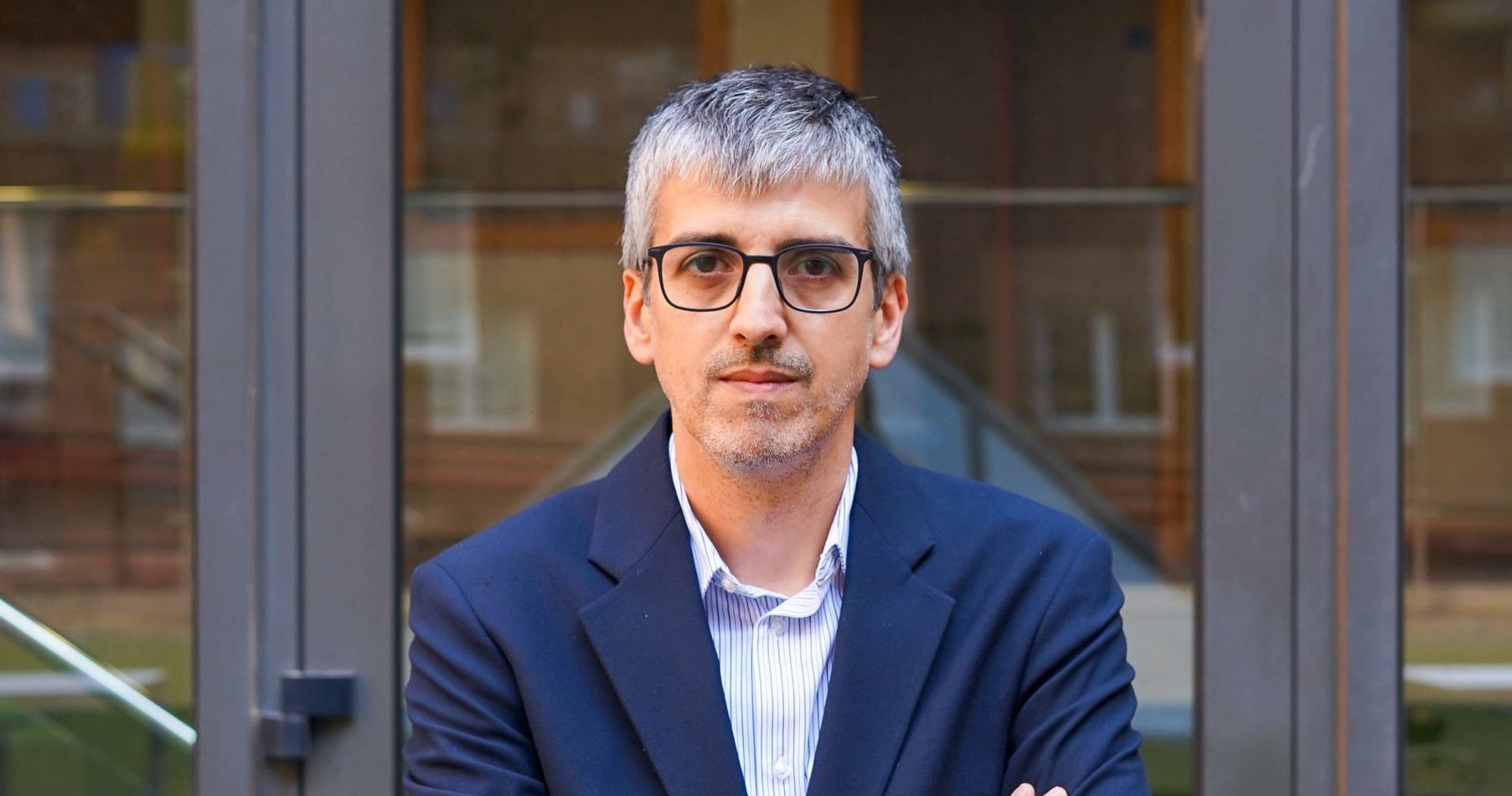



Comments